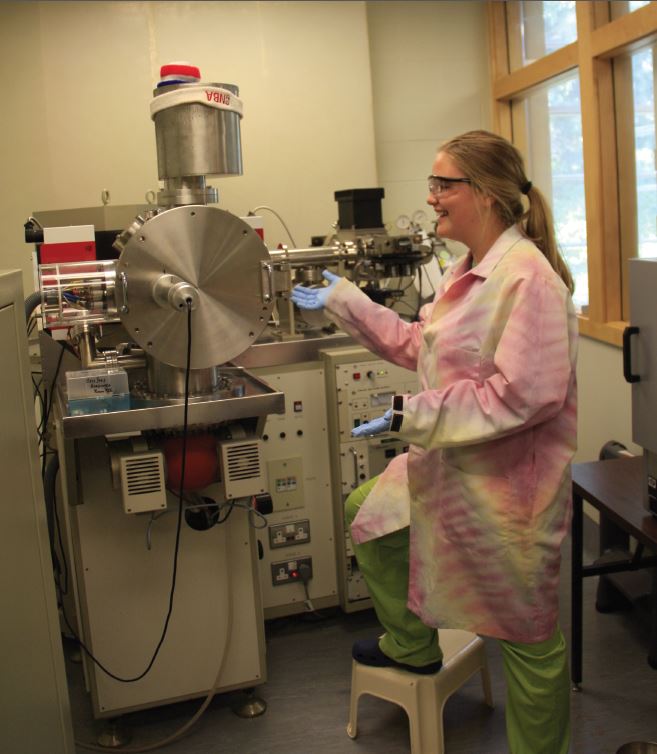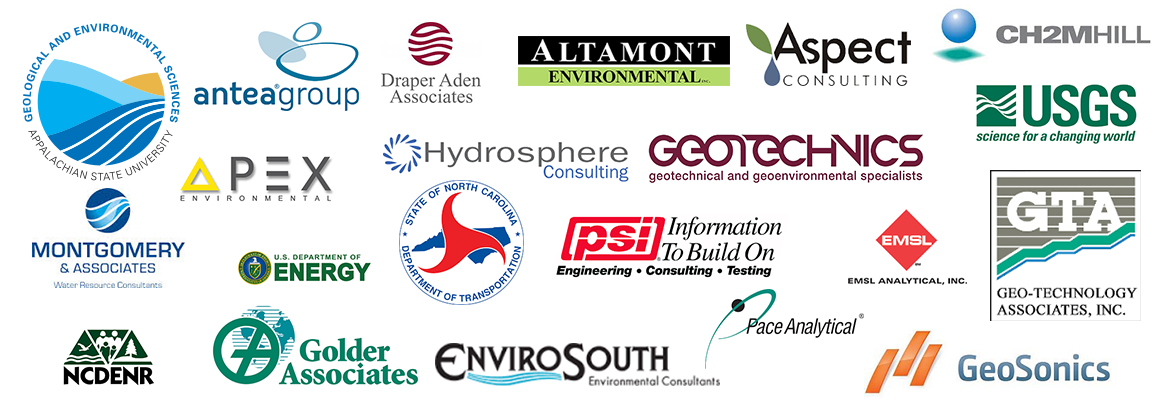How to get a job or internship or scholarship
Job and internship and scholarship opportunities are numerous, but they will not fall into your lap!
Searching the web and emailing your résumé to random companies is not a very effective way to get jobs and internships.
AGES students can use the jobs, internships, and scholarships database below to find curated lists relevant to their needs. This database is updated daily, and is only available to students logged in with their @appstate.edu email address. Please be sure you are logged in with your @appstate.edu email address to view the database; we cannot give access to those with external email addresses so please do not ask.
We also have an alumni LinkedIn group where our alumni can post job announcements (this group is limited to AGES alumni only), as well as a public departmental LinkedIn page (anyone can join) which will sometimes have job and internship announcements posted as well. Be sure to find and connect with your professors on LinkedIn to begin building your professional network and to see opportunities they post.
Jobs, Internships, and Scholarships database

Jobs, Internships, and Scholarships database
This database is only visible to those logged in with their @appstate.edu email account.
Tips for finding Jobs and Internships
1. READ THE AGES NEWSLETTER. GES faculty and staff forward all internship and job opportunities we receive from our alumni network to Dr. Liutkus-Pierce, who adds them to the AGES Newsletter. Be sure to read your @appstate.edu emails from the department as well as the AGES Newsletter (you must be logged in with your @appstate.edu email to read the newsletter).
2. USE THE DEPARTMENTAL JOBS, INTERNSHIPS, and SCHOLARSHIPS DATABASE. This is updated daily with opportunities specific to GES Students (you must be logged in with your @appstate.edu email to access the database).
3. USE THE DEPARTMENTAL ALUMNI NETWORK VIA SOCIAL MEDIA. We post many of our internship/job leads from faculty and alumni on our Facebook page, and we highly recommend connecting to AGES on our LinkedIn page, where you can network with our alumni who frequently post job opportunities. Our GES Alumni LinkedIn group will have job postings directly from alumni, so be sure to join the group (current students can and should join, too!). Be sure to find and connect with your professors on LinkedIn to begin building your professional network and to see opportunities they post as well!
3. Go to regional meetings that offer continuing education credits for licensure and professional development. You will meet industry contacts in person (this is vitally important) and will be able to get your resume into their hands in a more informal environment. Meetings not to miss are the AEG Carolinas Section Fall Field Trip and the Carolinas SME trips. Announcements for these meetings will be in your weekly newsletter.
4. Join professional societies so you can search their job ads. Many internship jobs are posted on society web pages and access is only available to members. Professional societies have very cheap student rates, so it is worth joining!
Thinking about going to graduate school?
If you're considering graduate school, see our Thinking About Graduate School? page for more information.
In addition to this page, we have a Grad School FAQ night every fall semester (food is provided!) where faculty members will provide answers to frequently asked questions about graduate school. This event is open to GES majors and minors only; it is not available to the general public.
Thinking about getting a PG (Professional Geologist) license?
If you are considering working in the environmental industry, we strongly suggest getting your PG (Professional Geologist) license upon graduation. Click here for more information about PG licensure (who needs it, why you might need it, etc.).
Thinking about getting an internship?
We keep a Jobs, Internships, and Scholarships database that is curated specifically for GES majors. We also encourage students to use their personal networks, professional networks, and our GES alumni network to find internships.
Although we can provide academic credit for internships, this is not always necessary and may actually be detrimental. If you want to receive course credit for an internship (paid or unpaid), be sure to talk to your academic advisor or the GES Department Chair BEFORE partaking in the internship. Internships that have already begun (or occurred in the past) cannot be counted for course credit.
